In Search of the Subtitles: an Anticolonial Recipe | Aloo Posto

Ayida Shonibar (she/they) grew up as an Indian-Bengali immigrant to Europe and currently works in North America. Their writing has been selected for the We Need Diverse Books and Desi KidLit mentorship programmes, and is published in Nature Futures, Wilted Pages (Shortwave Publishing), Luminescent Machinations (Neon Hemlock), Asian Ghost Short Stories (Flame Tree Publishing), Transmogrify! (Harper Teen), and Night of the Living Queers (Wednesday Books), among others. You can find more information about their speculative fiction featuring misfits, monsters and mischief-makers at ayidashonibar.com.
When I moved to a different side of the world, I learned to live a double life.
I had my musical mother tongue Bengali, licking fragrant soul food off my fingers, curling up with crossed legs at home around my family—but I also had to remember to pronounce my words at school like the other kids and point my cutlery in the correct direction and sit stiffly in hard chairs while hoping I didn’t give my teacher something else to scold me for in front of everyone. Over time, this division of personas became second nature. My accent morphed automatically the moment I entered a classroom and regressed easily when I came home in the evening.
Only one of those versions had to be kept secret. While my parents watched me in school performances and hosted my friends with fish fingers and frites, I faded into corners to speak Bengali on the phone and stopped taking my favourite lunches to school after the quintessential experience of being informed by Europeans that my food “smells.” Each time I stepped through my door and into their world, I hid my Original Version behind the dubbing. Subtitles not needed.
Where my subtitles are welcome, they say this: In the time we spent with our extended community in India, mealtimes were occasions to share dishes together with love, for my grandmother to entertain us cousins with Bengali folktales. I cried bitterly at the end of each trip. Even after I moved abroad and missed so much of their lives, my family and their stories and kitchens continued to fold me in like I belonged.
Years later, I can still picture my grandmother’s kitchen perfectly. When I close my eyes, I recall the hiss of the gas stove my mother taught me to light by striking matches. Beside it, the little storeroom lined with shelves from floor to ceiling, full of spice jars and other ingredients. Countless times I stood there, head upturned to absorb it all, breathing in the mixture of scents that contained years of memories I couldn’t share with the people I was growing up with.
In that kitchen storeroom was a bottle of shorsher tel, mustard oil, a staple of Bengali cooking. And the bag of posto—white poppy seeds that infuse food with a deliciously creamy, nutty flavour. After soaking the seeds in water, we ground them on a stone slab to make posto bata. The tel and posto came together in the pan with the vegetables: aloo and jhinge, with peyaj and lonka to deepen the taste. A fairly simple preparation that held an irreplaceable spot in the heart of our plates.
A Bengali meal consists of several components to make a balanced combination. We ate jhinge aloo posto with our dal bhat—the buttery lentils and smooth rice accented by the vegetables and their posto gravy. Typically, this was followed by fish or chicken or a different meat course.
For something that we ate so frequently in India, this isn’t a dish I remember eating in Europe. Maybe it happened so few times, if at all, that I can’t recall it. Or perhaps the memory of the meal is too intertwined with my extended family to be thought of in their absence. After all, it’s a recipe I learned from my mother, and that she learned from my grandmother.
And yet, as I learned a few years ago, Bengali posto is deeply connected with Europe’s history.
When I went to university in England, the love of tea was spoken of as a quaint and crucial aspect of local culture. The fact that multiple wars were waged in order to continue Britain’s illegal opium trade in China—which financed the expensive tea consumption of the English—never came up in those conversations. Much of that opium “trade” was generated by the British East India Company, whose colonial hold over Bengal saw swathes of agricultural land converted into blood-red poppy fields in the 19th century. It is said that a Bengali farmer’s wife, desperate to replace the crops lost to poppy farming, tried to supplement plain rice or potatoes by turning to the large amount of waste produced by colonial poppy farming. After extracting opium from the poppy pods, the non-narcotic dried white seeds were discarded. By grinding these into a paste, the farmer’s wife established a longstanding Bengali tradition that is celebrated, with numerous variations, to this day.
A consequence of colonial exploitation, famine was particularly recurring in Bengal under the British Raj. Experts have explained that starvation can have multigenerational effects, such that this history may be a factor in the risk for metabolic disease in South Asians today. Many such silenced histories were woven into the information that shaped my childhood. For example, in school, we learned about the technological advancements of Britain’s industrial revolution; not covered were the origins and repercussions of the resources it burned. This lens was mirrored across many mainstream sources available to me: textbooks, novels, articles, movies, artworks, museums, and, most significantly, people—including instructors, classmates, and other parents.
By repressing so much of myself and my heritage, I made it easier for these histories to be kept from me. I mourn the pieces of my legacy I’ve lost and may never recover. It was a painful habit that is equally arduous to unlearn. I’m still on that journey. It brings me closer to people than I allowed myself to get before—people from all over the world with similar experiences, and those interested in these open discussions.
As part of this process, I would like to share the recipe for aloo posto I learned from my mother, and some of the stories behind it. It’s a dish that came straight out of my grandmother’s rannaghor and onto my thali many times. Between every line of preparation, rooted among the list of ingredients, lives an intergenerational record that, with each rendition, hopefully becomes easier to find.
Aloo Posto
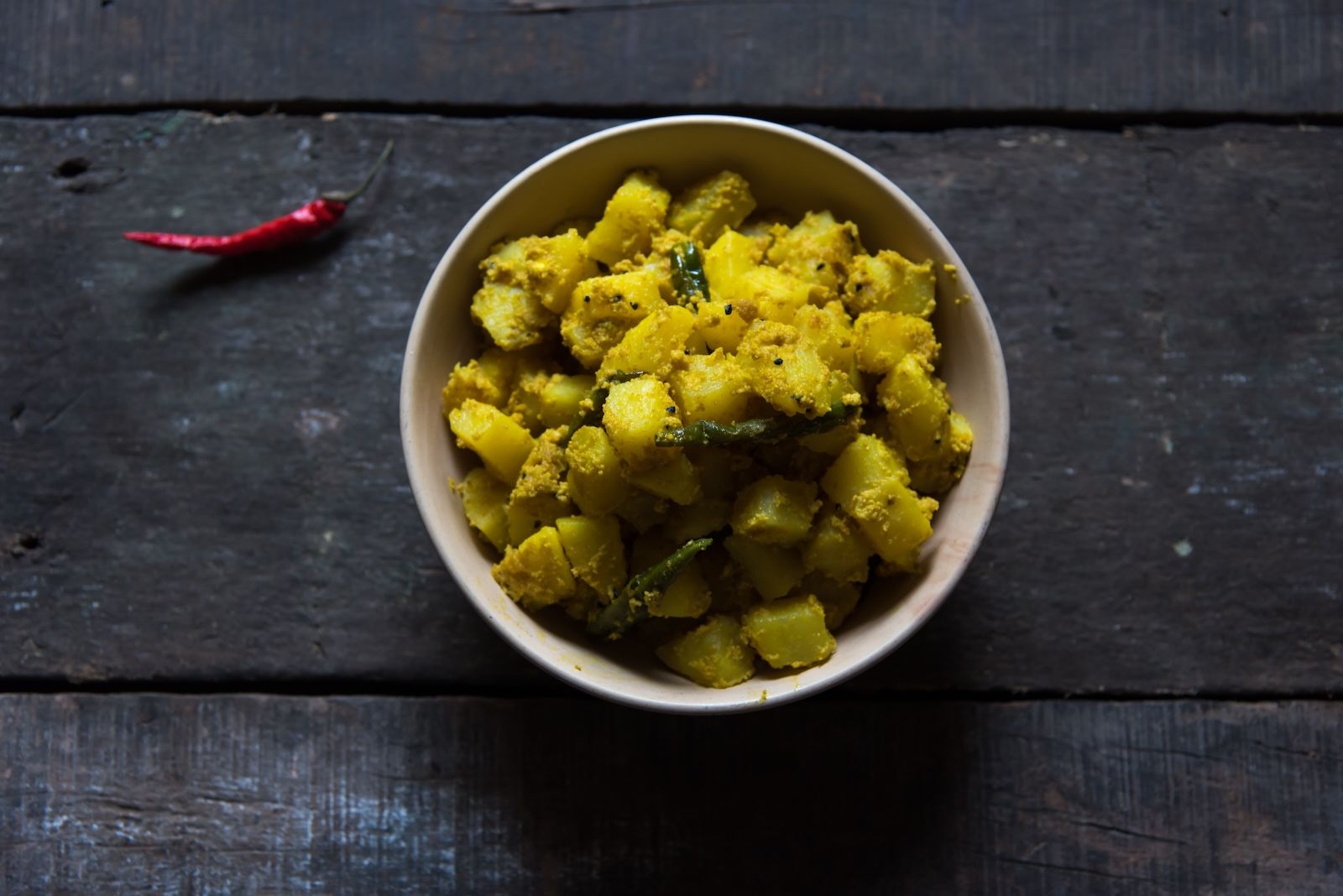
This is a recipe for Aloo Posto, a lightly fried vegetable dish seasoned with white poppy seeds and mustard oil. Prepared as written, it produces about 4 servings. [Ed. note: The ingredients in this recipe are written in transliterated spoken Bengali.]
Get the Recipe: PDF, Google Doc
If you’d like to own the Personal Canons Cookbook ebook, which collects all these essays and recipes in easy-to-reference, clickable format—plus loads of bonus recipes from me!—join the Stone Soup Supper Club. The ebook is free for subscribers, who will get the download link in their inboxes in the first Supper Club email of 2024!
Remember: Care for yourself and the people around you. Believe that the world can be better than it is now. Never give up.
—Gailey

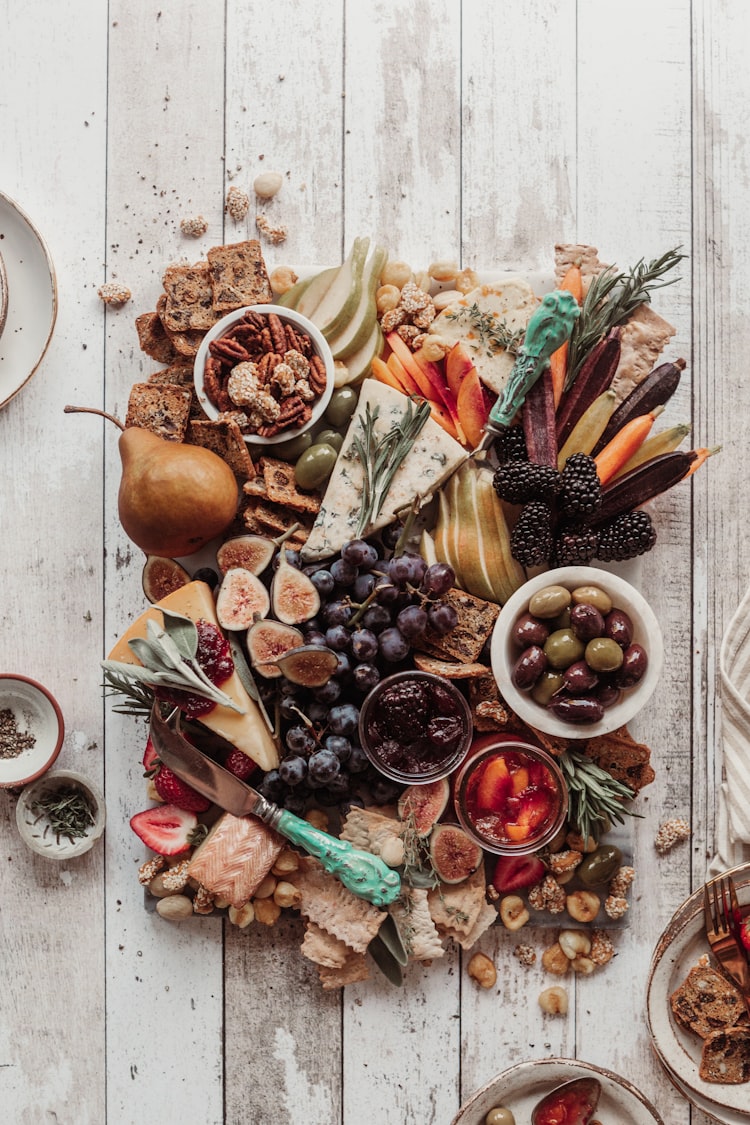
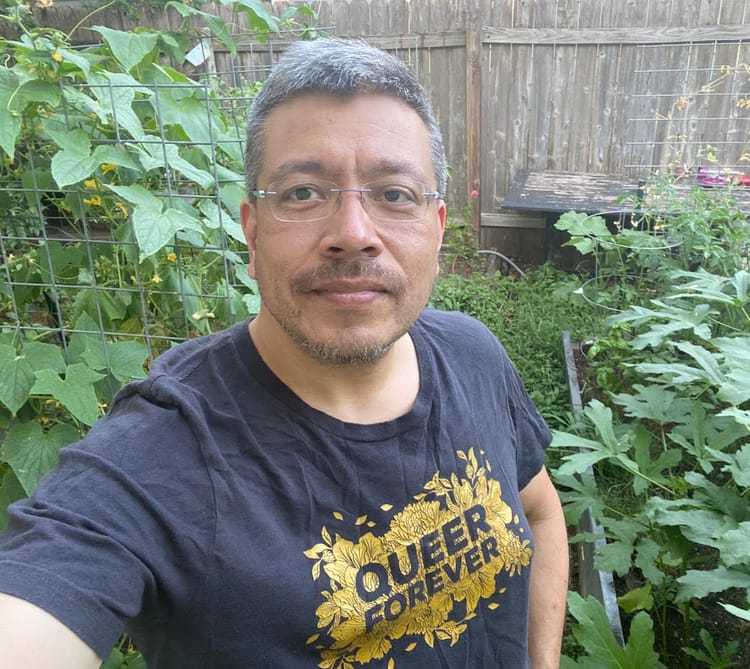
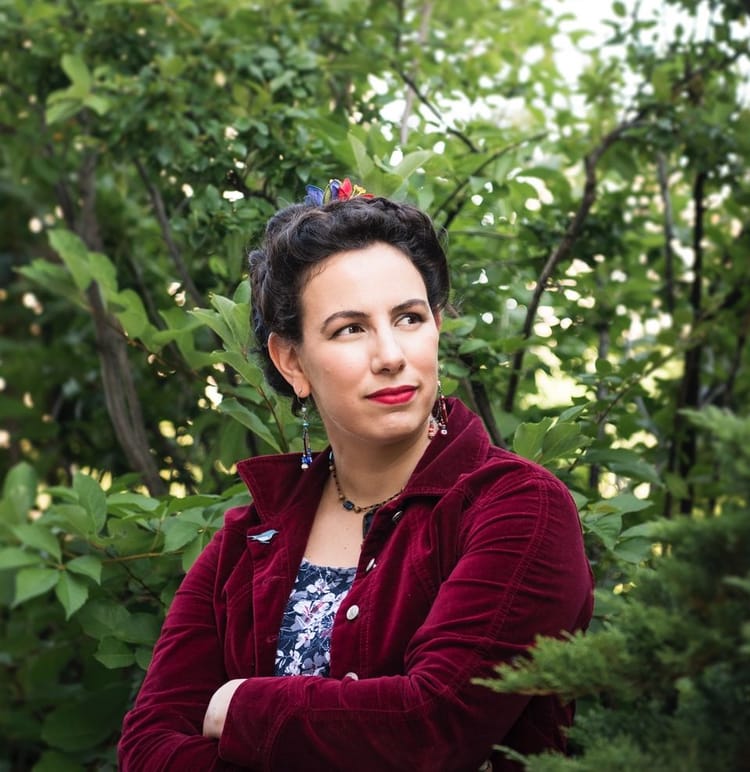
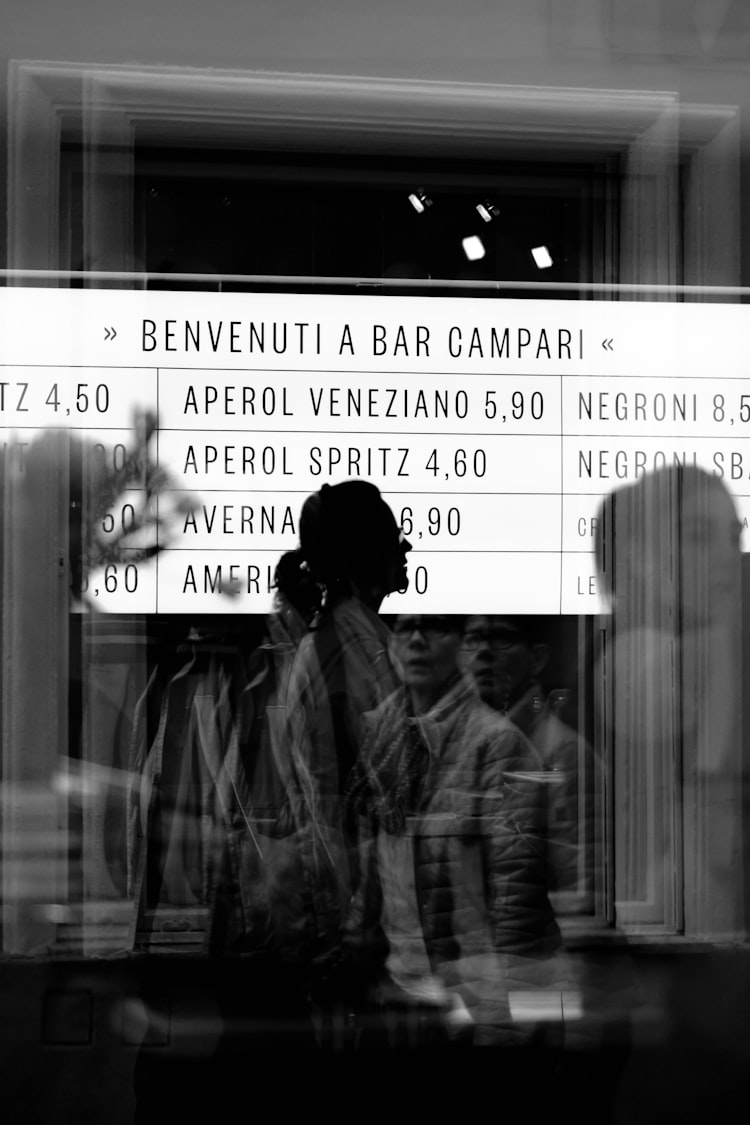

Member discussion